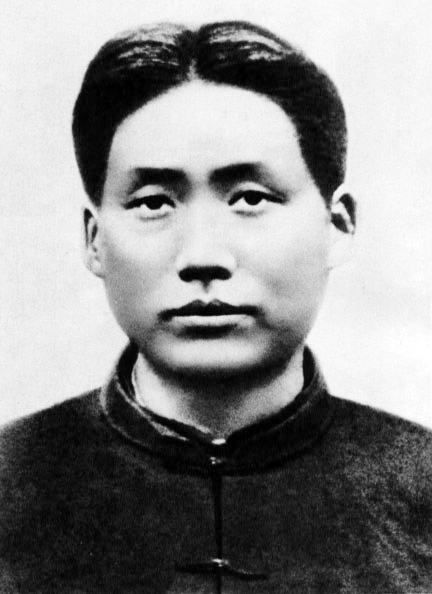

WHEN Google deletes several links per second for copyright reasons (as currently reported by some sites), then it's hard to argue that Google engages in "censorship" per se. When Google deletes a video for copyright reasons, then too it is hard to label it censorship. But when Google changes the order of comments (potentially moving them out of existence/visibility) based on anonymity and so-called 'reputation' of commenters, then it is akin to censorship. Google does this right now [1]. This isn't like the 'hard' censorship that Lessig has just encountered [2], but it is still a form of censorship.
He explained that three main factors determine which comments are more relevant: community engagement by the commenter, up-votes for a particular comment, and commenter reputation. If you've been flagged for spam or abuse, don't be surprised to find your comments buried, but that also means that celebrities who have strong Google+ reputations will be boosted above others.
I bought a product at CVS online. They emailed me a request that I review the product on their site. I did. I didn’t like the product, but I complied with every single requirement for comments. Today I got a polite email telling me they had rejected my comment. When I clicked on the link to “contact us,” 404’d.
In an age full of consistent threats of Internet censorship, among the other forms of opposition to freedom of speech and expression I have described, it is about time particularly in Britain, throughout Europe and across democratic nations that we drive a legal change, bringing protection of this essential liberty at least closer in value lawfully to its status in the United States. While as I have shown the First Amendment is often unhelpful even there, the forming of laws and being able to reference them is helpful in the establishment of free speech as a core and definite requirement throughout human civilisation, for drawing a line on what may be said, written or even caricatured will always end with the imprisonment of historians who deny the Holocaust, with the arrest of citizens for voicing opinions on Twitter and with the Vietnamese people being told they may exchange only “personal information” online. So my final point would be in the form of a question, should you remain unconvinced. If you believe a line on free speech ought to be drawn, I ask you to consider the following: Is there a single person or organisation to whom you would designate and allow the task of deciding, for you, what you can read and what you can hear from a fellow member of the human species? Personally, I insist I obtain the right to read, hear, think and decide on matters for myself.